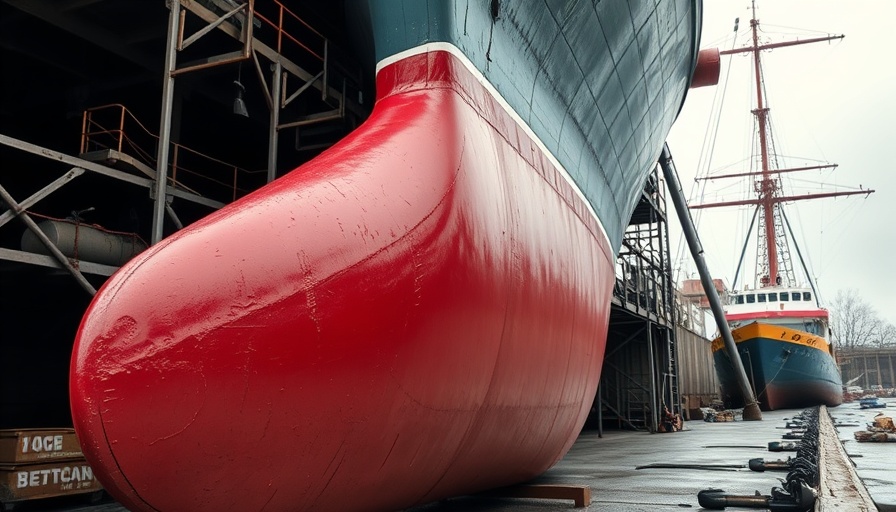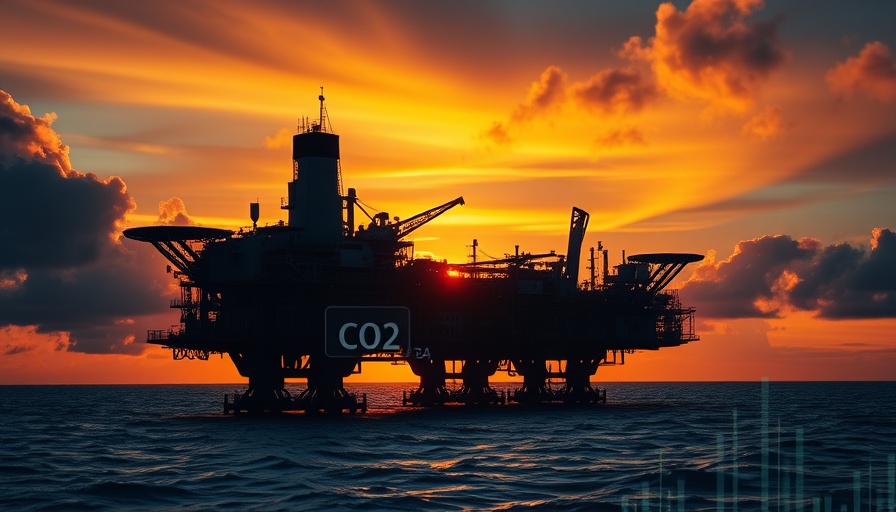
U.S. Grain Shipments Defy Tariffs with a 9% Increase
In a surprising turn of events, U.S. seaborne grain shipments have increased by 9% year-over-year during the first half of 2025, as reported by the Baltic and International Maritime Council (BIMCO). Filipe Gouveia, the shipping analysis manager at BIMCO, attributes this growth primarily to stronger maize exports.
Despite the hefty 57% reduction in export volumes to China, which stemmed from newly imposed tariffs, U.S. exporters have successfully pivoted toward alternative markets across Asia, Latin America, and the Mediterranean. The impact of these tariffs was substantial; the share of U.S. grain cargoes going to China plummeted from 26% in the first half of 2024 to just 10% in 2025. This drastic shift highlights the challenges U.S. grain exporters face in a rapidly changing trade environment.
The Ripple Effect on Soybeans and Sorghum
While maize exports soared, other critical commodities like soybeans and sorghum have seen significant downturns. Soybean exports dropped by 10% year-over-year, and sorghum exports plummeted by an alarming 89%. This stark contrast underscores China's dominance in these markets, with 67% of global soybean shipments and 84% of sorghum shipments being directed toward the Asian powerhouse. In comparison, China's share of global wheat and maize shipments is marginal at just 7% and 5%, respectively.
The reliance on the Chinese market creates vulnerabilities for U.S. farmers, emphasizing the need for diversification in trade relationships. As the U.S. strains to replace lost Chinese contracts, understanding global trade dynamics becomes crucial for policy-making and market strategies.
Market Adaptations and Shipping Trends
While the increase in seaborne grain shipments is a positive sign for the dry bulk sector, overall tonne-mile demand has seen a reduction of 7% year-over-year. This decline is attributed to a 14% cut in average sailing distances as the U.S. pivots to closer destinations for its grains. Recovery of shipping via the Panama Canal has also played a role in shortening these distances.
In terms of vessel utilization, panamax ships have transported 46% of U.S. grain cargoes this year, followed by 32% via supramax and 22% by handysize vessels. The demand for tonne miles increased for panamax and handysize vessels due to the uptick in cargo volumes. However, supramax segment saw a sharp 33% decline in tonne-mile demand due to fierce competition, particularly from panamax ships serving major importers like Japan and China.
Future Trends in the U.S. Grain Market
Moving forward, the U.S. enters its grain harvesting season, with projections forecasting a 6% increase in maize production, while wheat and soybean yields are expected to decline slightly. This forthcoming harvest could lead to greater shipping volumes in the latter half of the year, particularly in the context of tightening supplies for wheat and maize on a global scale.
However, the challenge remains in securing alternative markets for soybeans and sorghum. The enduring preference for Brazilian soybeans among Chinese importers, driven by bolstered Brazilian production levels, presents a significant hurdle for U.S. exporters.
The Bigger Picture: Implications for Global Trade
The current situation serves as a microcosm of the broader transformations occurring in international trade. Countries must continually adapt to shifting market dynamics and tariff impositions, which has profound implications for food security, agricultural economics, and global trade relations. Recognizing the critical nature of maintaining diverse markets is essential for the sustainability of agricultural exports.
As international trade landscapes continue to evolve, U.S. farmers and exporters must be strategic in their approaches, exploring new partnerships and markets to reduce reliance on any single import destination. This flexibility can serve as a buffer against unforeseeable changes in global trade policies.
 Add Row
Add Row  Add
Add 




 Add Row
Add Row  Add
Add 

Write A Comment